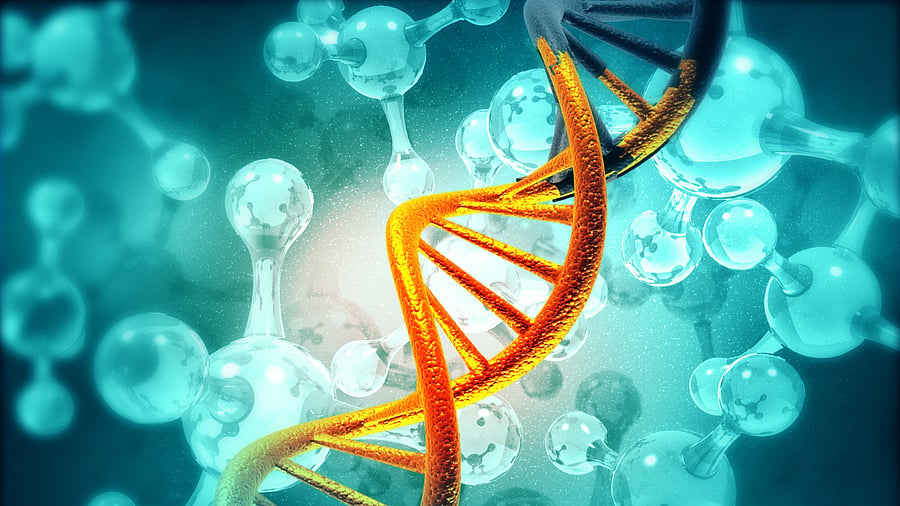
Image for representation.
Credit: iStock photo
In Vitro Fertilisation (IVF) often becomes a beacon of hope when couples face hurdles in conceiving naturally. However, the ability to conceive and the success of IVF largely depends on numerous factors, one of which is the health of the sperm DNA. The development of reproductive techniques has made it evident how important DNA fragmentation testing is in evaluating male fertility and its potential effect on IVF.
In this context, sperm DNA fragmentation refers to tiny breaks within the DNA strands that can seriously impair the sperm’s ability to initiate a healthy pregnancy. Such structural abnormalities may seriously hinder a sperm’s capacity to fertilise the egg or allow for the normal development of the embryo. Studies show that high levels of DNA fragmentation directly lead to success rate reductions, infertility, and poor to average embryo quality.
The quality of sperm provided in the procedure is important since it impacts fertilisation, embryo development, and implantation. Sperm DNA must be preserved in order to achieve fertilisation and the continuous development of the embryo. Research shows that higher levels of DNA fragmentation correlate with reduced fertility rates and an increased risk of pregnancy complications like pre-eclampsia, a condition that can be dangerous for both mother and baby.
Abnormalities at the DNA level will lead to corresponding abnormalities in the embryo, and therefore can either cause failure in implantation or miscarriage. High levels of DNA fragmentation in sperm can lead to changes in the embryo’s chromosomes, reducing the chances of a successful pregnancy.
Recent studies have highlighted the potential of antioxidant therapies in reducing DNA fragmentation. Antioxidants protect the sperm by blocking damaging molecules. Clinics are now integrating antioxidant supplementation as a preparatory treatment for men undergoing IVF cycles to improve sperm quality and enhance outcomes. Understanding the causes of DNA fragmentation is key to mitigating its effects. Factors such as oxidative stress, exposure to environmental toxins, smoking, and advanced paternal age can contribute to DNA damage. Addressing these factors through lifestyle changes and medical interventions can improve sperm DNA integrity.
The technique of Intracytoplasmic Sperm Injection (ICSI), where a single sperm is injected directly into an egg, can bypass some of the barriers created by DNA fragmentation, thus enhancing fertilisation rates and pregnancy outcomes in couples facing male fertility issues due to DNA integrity.
Increased DNA fragmentation has been linked to the rise of pregnancy complications including pre-eclampsia in women conceiving through IVF. Fertility specialists mitigate these risks of high DNA fragmentation by corrective action to improve the safety of both mother and baby. This involves selecting the sperm with lower fragmentation for IVF use or employing the use of ICSI to enhance the chances of proper embryo formation.
With each scientific breakthrough, fertility specialists are better equipped to tailor treatments, enhancing the prospects of conception and leading to safer, successful pregnancies. The concept and its efficacy are expanding day by day as a result of advancements in research and technology in the domain of reproductive medicine. This development is not just a leap forward for science — it’s a ray of hope for millions of couples worldwide, promising them a better chance at starting a family.
(The author is an andrologist specialising in advanced male infertility treatments at a leading IVF chain.)